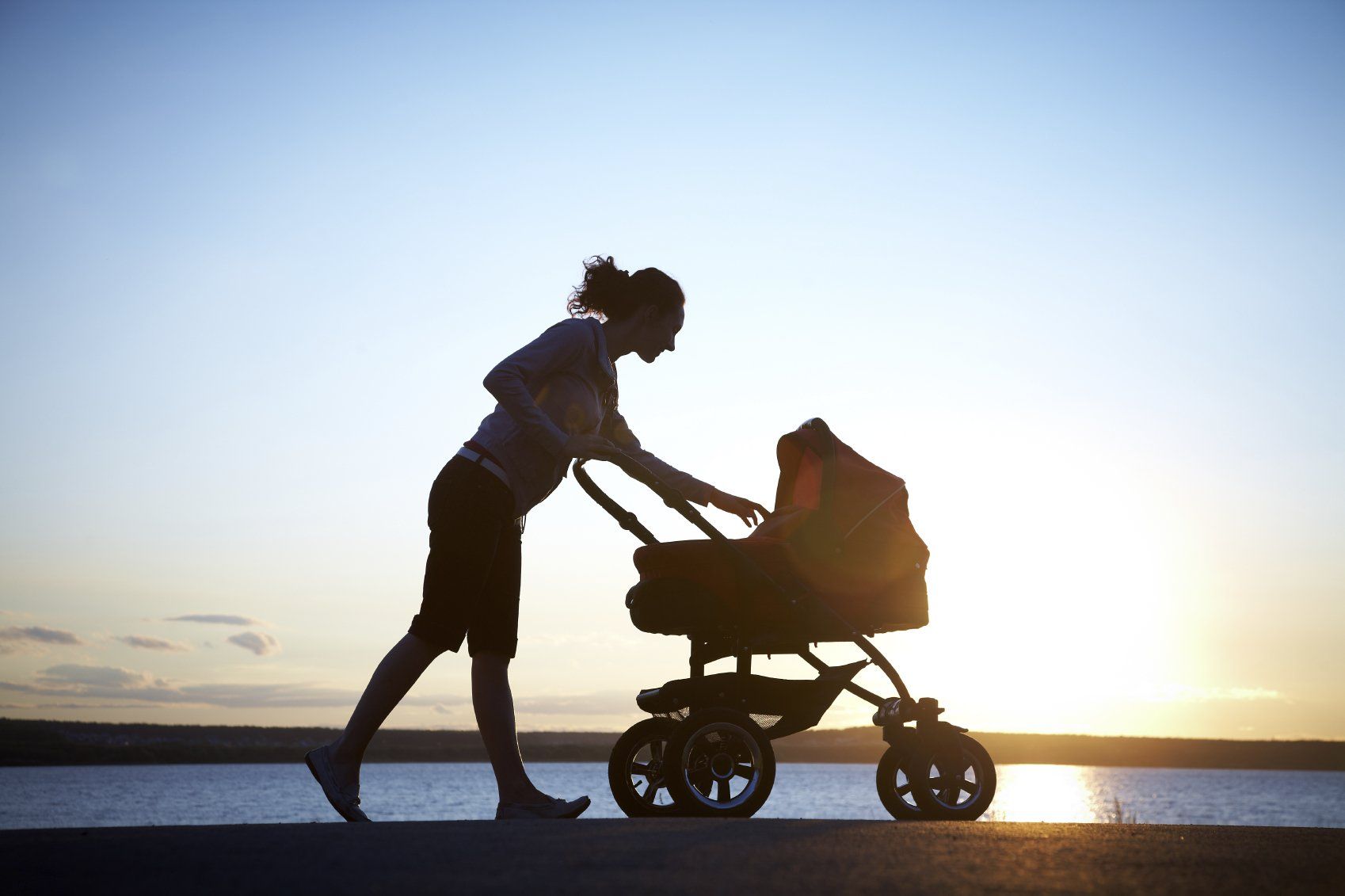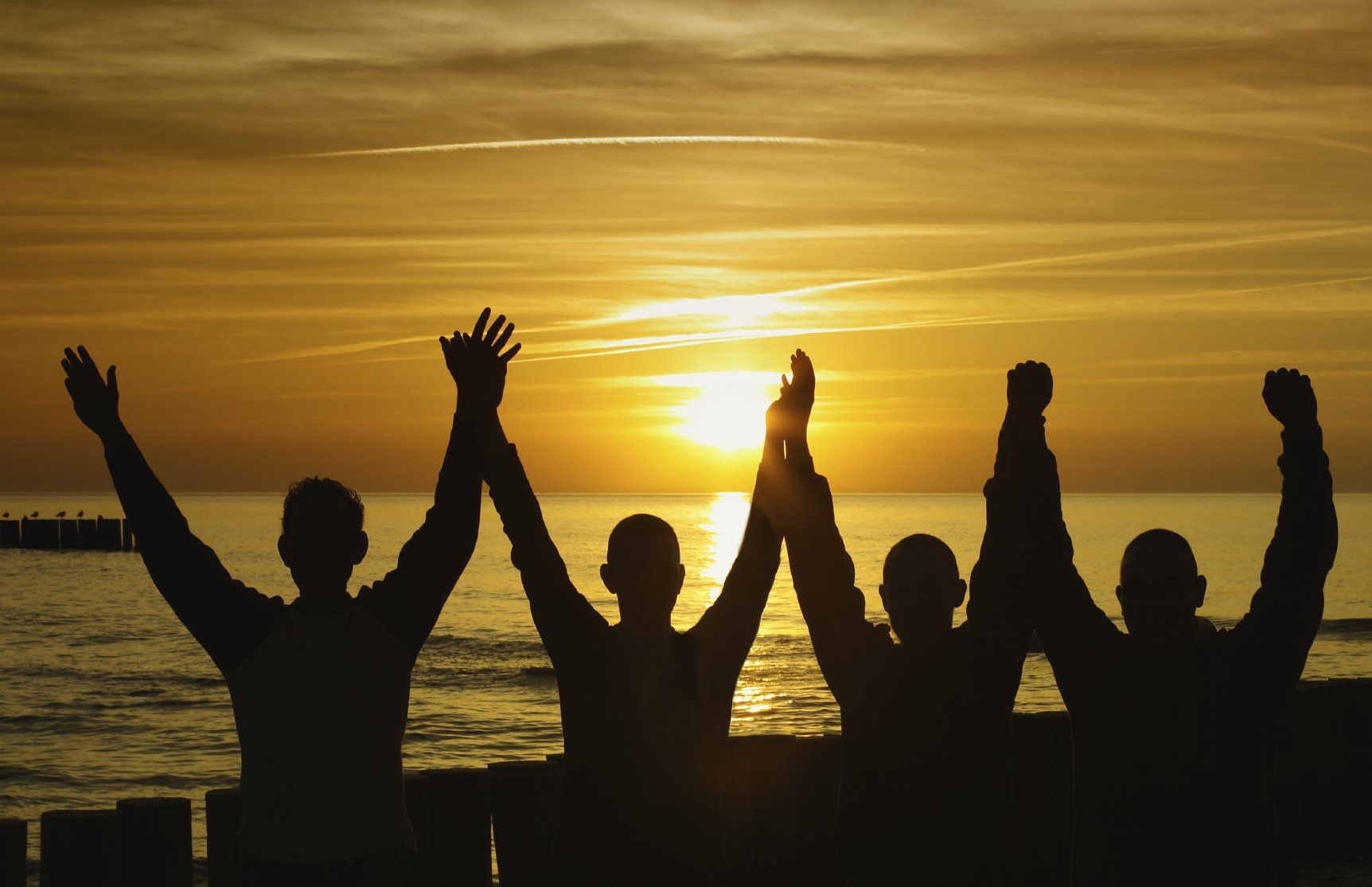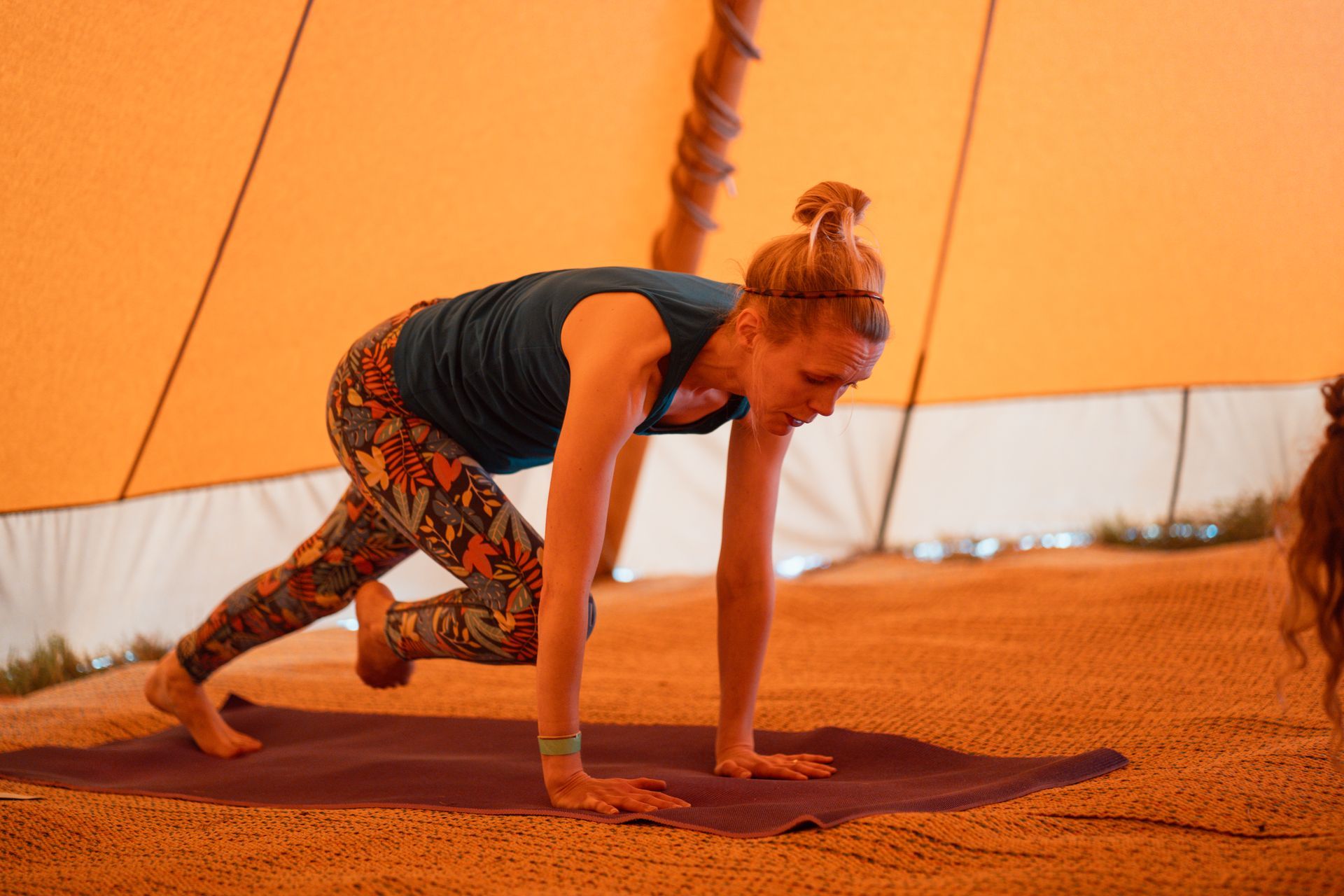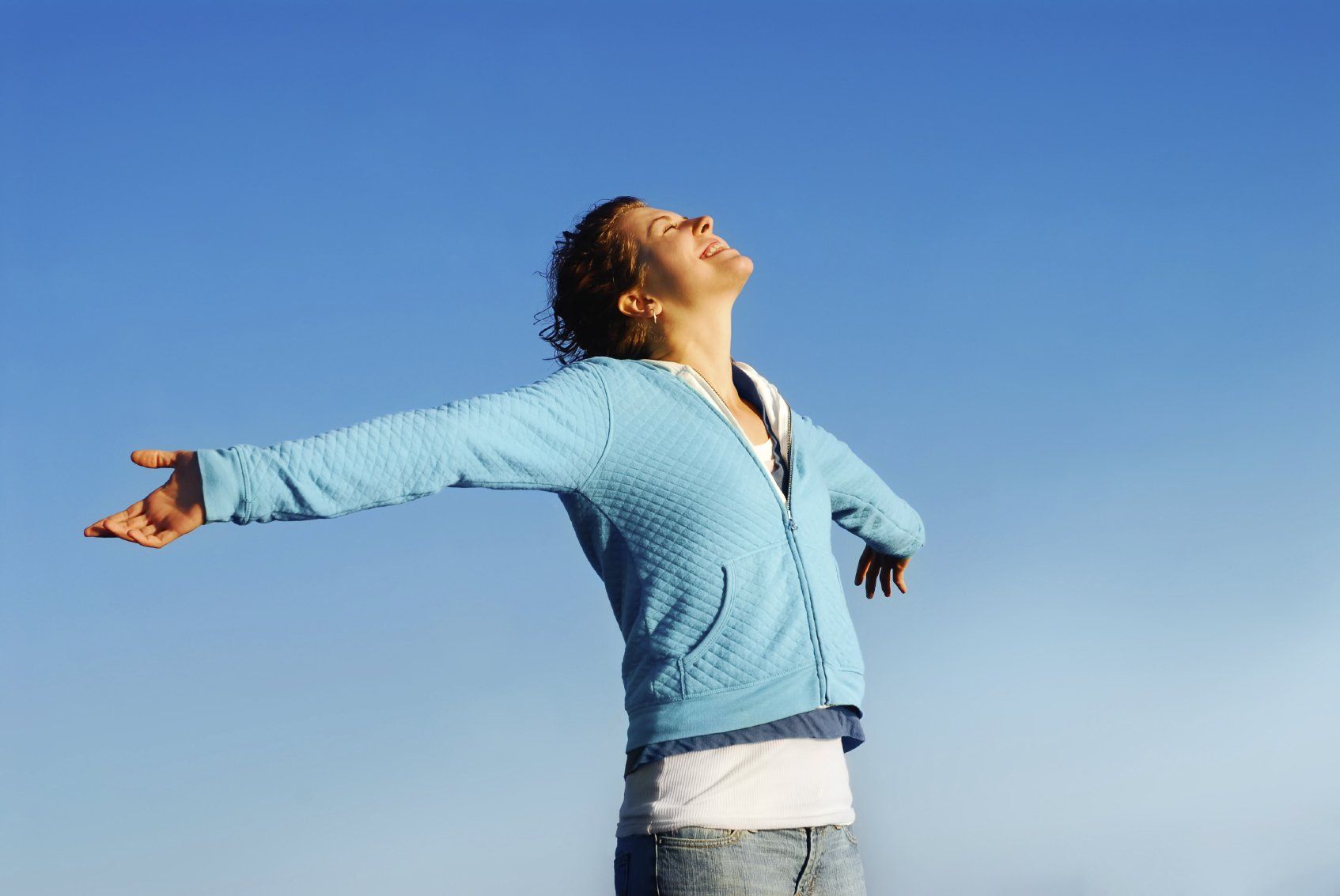Matrescence - becoming a mother

Matrescence
is a transition – the transition into becoming a mother. The physical,
psychological and emotional changes you go through after the birth of your child.
A pretty big change in life eh? But it is rarely discussed or considered as
much as birth or the practicalities of looking after a baby. Maybe we think about
the “postnatal recovery” in a physical sense, but what about the new mother’s
identity? Some things I read compare matrescence to adolescence, with the hormonal
fluctuations, changes in body and identify. However the fact that spellcheck
approves this and not “matrescence” is telling.
Becoming a mother is a process that starts during pregnancy, when hormones are on a rollercoaster, and your body physically changes. We are bonding with our baby and getting used to this new role, but often the focus is on birth and practicalities of life. Perhaps we are thinking things will go “back to normal” when the baby arrives. However know that motherhood is a permanent change. Once we become a mother we are always a mother. Accepting that life is ever changing and embracing a “new normal” can help with adjusting. Along with rejecting the “bounce back” culture when it comes to the physical body or the things we used to do. Your amazing body has spent nine months growing a baby, and it will forever remember this. Even those people who look like they have “snapped back” into their old clothes, hobbies etc, will be changed as a person.
This is both a wonderful and challenging time. Some of the words mums in my postnatal yoga classes have used to describe it: wonderful, scary amazing, pure, joyful, tiring, rewarding, special, transformative, natural, blissful, stressful, love, worry, strength, exhaustion. Notice the contrasts! Even if you are loving new motherhood it is important to give yourself time and space to adjust. Just like we give babies grace to adjust to the world with many cuddles, skin to skin, responding to their every need, so should be give ourselves that grace. A mother has been born too.
The shift into a new role can take us by surprise, especially if we think that things were going to stay the same. The pace of life can slow down (babies feed and sleep on you a lot at the start!) new responsibility and roles. This can be a positive thing. Naomi Stadlen in “What Mothers Do” draws on the experiences of mothers over many years. She writes of women finding they suddenly enjoy the beauty of a gravel path. But this change of pace might take getting used to, and it can be frustrating. Things that used to take 2 minutes now take lots of planning and 20 minutes e.g. getting out of the house (I know!)! Having a support network of mum friends can help you to see that it’s not just you. When social roles change you might find that the friendships you had before shift, which can be isolating. At just the time when you are too exhausted to go out and meet new people! So, joining a local baby group can help you to find a new community. Whether through organised groups such as pre or postnatal yoga, local charity meet ups through Facebook or apps. WhatsApp groups were a lifesaver when my children were born, especially number 2 in lockdown.
This community also helps when the changes are ongoing. Each new phase that babies go through requires another transition for parents. Take sleeping for example. Maybe you get used to them sleeping on you. Then one day they start sleeping on their own. You might feel wonderfully free whilst lost at the same time. Some of these changes happen gradually, others are more sudden. Starting nursery, preschool or school is a big adjustment, not just for the children but for their caregivers. (Personally one I have struggled with recently!)
So what can we do to help ourselves?
As a mum and yoga student and teacher, I must share with you the ways yoga can help in this time. Yoga can help in easing this transition as we recognise that everything is subject to change and flow. Not just the physical poses (asana). Learning some breathing techniques can help parents, babies and children to find, and keep, calm. There are many useful breathing techniques, a simple one I used was Inhale,2,3,4 and exhale,2,3,4 when feeding my baby. Telling the body to relax on the exhale helps to keep you calm and promotes good hormones no matter how you are feeding your baby. In yoga classes you might hear about “letting go” and with matrescene we must let go of the old normal and of old identities.
Checking in with how we are is also helpful. Yoga teachers guide this in classes, but you can do it throughout the day for yourself. “The Supermum Myth” explores the different emotions new mothers may feel such as guilt, anxiety, anger and hate and encourage women to notice these feelings, as emotions have a purpose to communicate and motivate.
The relaxation and mediation aspects of yoga maybe more spontaneous now and may need to fit around babies, but they are so are important. The body and mind need to rest, particularly when you are tired. If it is difficult to achieve adequate sleep, practising shavasana can be really beneficial to renew energy. Learning to keep in calm control is very helpful with little ones, so that we can respond calmly and compassionately.
Summary of ideas to help:
·Finding your own identify in motherhood, not trying to “bounce back” to the “old you” but finding yourself as you are now.
·Accepting change as the new constant.
·That might mean new or different interests, it might mean revisiting old ones.
·Taking up a new hobby or challenge. e.g. running, yoga can help but not essential.
·Learning breathing tools to keep calm
·Check in with emotions and listen to what they have to say.
·Practise relaxation and/or meditation
·Talk to other mums.
·Seek out support from those around you.
Matrescence can be overwhelming but with awareness and realistic expectations it can be the best thing in your life. However, if you do find this change in life particularly stressful, that you have having intrusive thoughts and/or feel helpless, do ask for professional help. Through your GP, Health Visitor or charities such as the Samaritans.
I am in now way linked to the authors of the books mentioned.
Amber teaches Pregnancy Yoga, Baby and Postnatal Yoga in Norwich, Norfolk. See www.yogawithamber.co.uk for more information.















